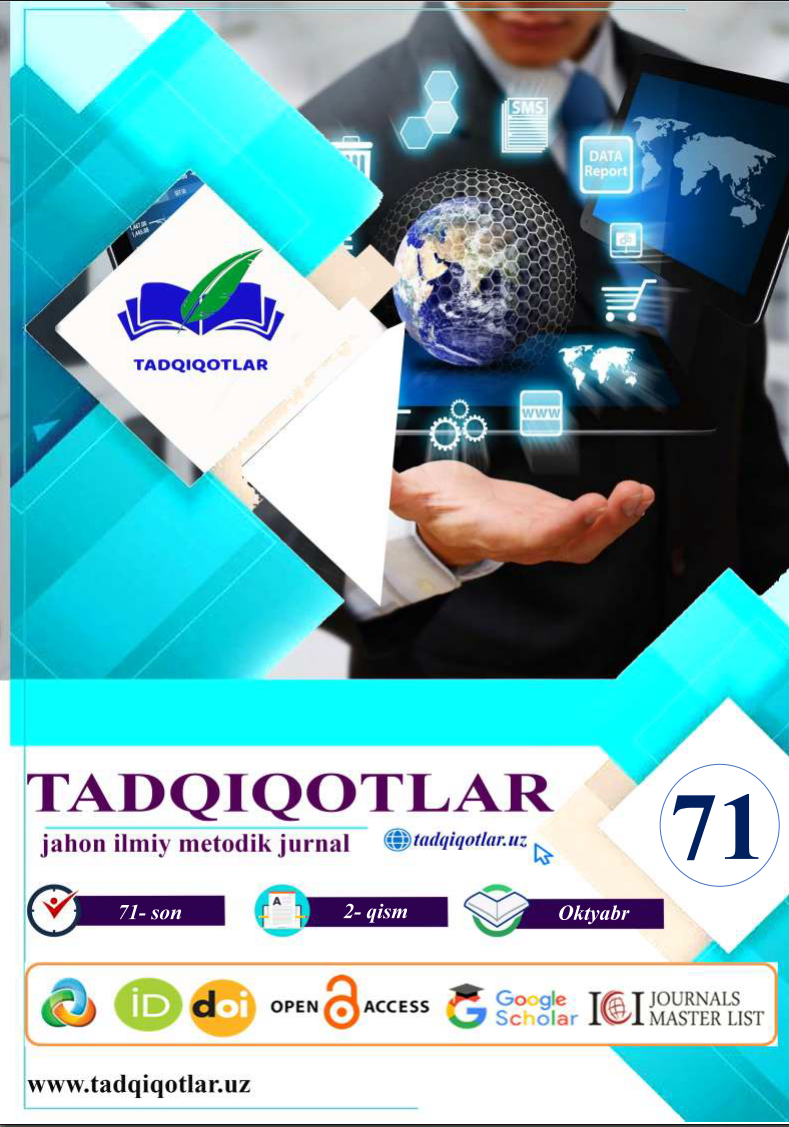PEDAGOGICAL METHODS FOR ENHANCING ADULT FOREIGN LANGUAGE LEARNING
Keywords:
Keywords: Adult language learning; foreign language acquisition; pedagogical methods; communicative approach; task-based learning; technology-enhanced learning; adult education; teaching strategies.Abstract
Annotation
This research delves into effective pedagogical methods designed to enhance
adult foreign language learning. It underscores the importance of language acquisition
for adults across professional, academic, and social spheres. The study offers a
historical overview of methodologies employed in adult education and scrutinizes
contemporary approaches such as communicative language teaching, task-based
learning, and technology-enhanced instruction. Special focus is placed on the unique
challenges adult learners encounter, including psychological, cognitive, and
motivational factors. The research stresses the necessity of tailoring teaching strategies
to meet adult learners' needs, thereby boosting efficiency, engagement, and long-term
success in foreign language acquisition.
References
References
1. Brookfield, S. D. (2013). The skillful teacher: On technique, trust, and
responsiveness in the classroom. Jossey-Bass.
2. Ellis, R. (2009). Task-based language teaching: Sorting out the misunderstandings.
International Journal of Applied Linguistics, 19(3), 221–246.
3. Godwin-Jones, R. (2018). Emerging technologies: Using mobile technology to
develop language skills and cultural understanding. Language Learning &
Technology, 22(3), 2–11.
4. Knowles, M. S., Holton, E. F., & Swanson, R. A. (2015). The adult learner: The
definitive classic in adult education and human resource development (8th ed.).
Routledge.
5. Little, D. (2007). Language learner autonomy: Some fundamental considerations
revisited. Innovation in Language Learning and Teaching, 1(1), 14–29.
6. Richards, J. C., & Rodgers, T. S. (2014). Approaches and methods in language
teaching (3rd ed.). Cambridge University Press.
7. Singleton, D., & Pfenninger, S. E. (2018). Linguistic talent and language aptitude:
Insights from second language acquisition research. Language Teaching, 51(1),
118–131.

